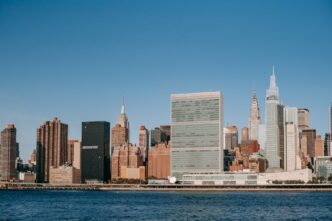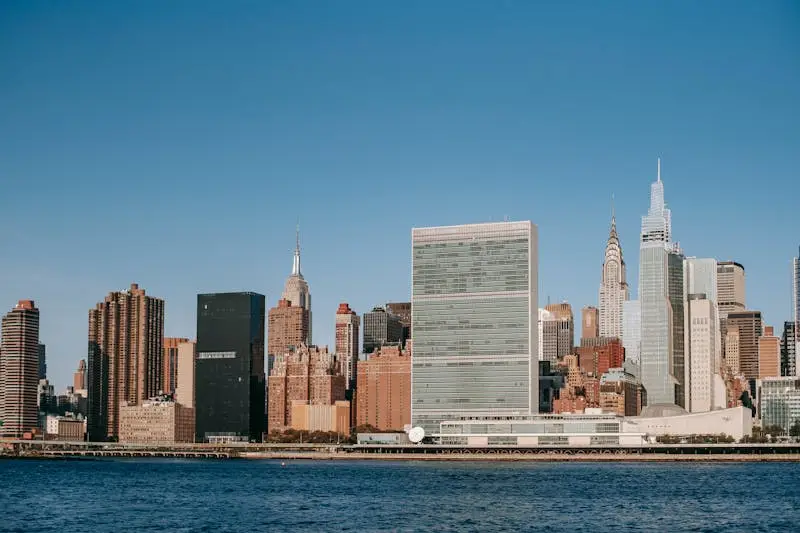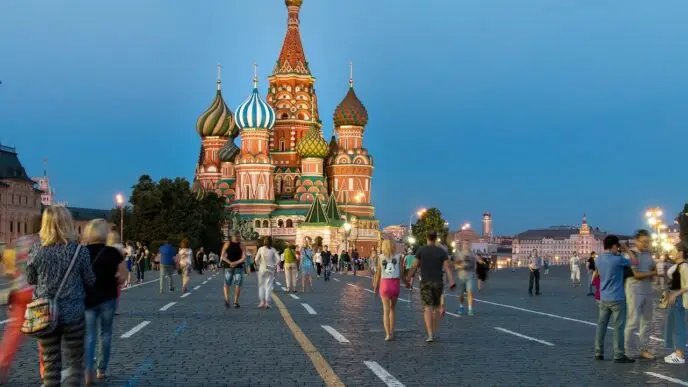As the United States confronts complex global crises, its position of influence in the United Nations remains compromised. More than 150 days into Donald Trump’s presidency, the U.S. is still without a UN ambassador. This comes in spite of the President’s nomination of Mike Waltz for the position in May. The absence of a confirmed ambassador raises concerns about the country’s ability to effectively navigate and influence global challenges.
The United Nations, an international organization comprised of 193 member states, is instrumental in maintaining international peace and security. The U.S., as one of the five permanent members of the UN Security Council, plays a vital role. However, the lack of an ambassador has been a cause for concern among diplomats and foreign affairs analysts who view it as a lacuna in the United States’ diplomatic presence.
Nomination Pending Amid Global Crises
While Mike Waltz was nominated for the position of U.S. Ambassador to the UN in May, his confirmation by the Senate is still pending. This delay comes at a time when the world is facing a multitude of crises.
The lack of a U.S. ambassador at this crucial time is raising eyebrows. Experts argue that the United States’ influence in the UN and its ability to respond effectively to these crises could be hampered without a confirmed ambassador. This concern is further exacerbated by the Trump administration’s overall approach to foreign policy, which has been characterized by a retreat from multilateral organizations and agreements.
The Role and Importance of the U.S. Ambassador to the UN
The U.S. Ambassador to the UN plays a pivotal role in representing the country’s interests in the international body. The ambassador is expected to lobby for U.S. policies, build alliances with other countries, and work towards consensus on critical global issues. This role becomes even more crucial in times of global crises when the U.S. needs to lead or influence international response efforts.
Since the establishment of the UN, the U.S. has been a leading voice in the organization, using its position to promote democracy, human rights, and economic development. The U.S. Ambassador to the UN has historically played a key role in shaping international policies and ensuring that American interests are protected.
Without a confirmed ambassador, the U.S. runs the risk of weakening its influence within the UN. This could potentially undermine the country’s ability to shape global policies and respond effectively to crises. It also sends a troubling signal to other countries about the U.S.’s commitment to the UN and multilateral diplomacy.
Implications for U.S. Foreign Policy
As the Trump administration continues without a confirmed ambassador, there are growing concerns about the implications for U.S. foreign policy. The U.S.’s absence in the UN could be perceived as a further retreat from global leadership, following the Trump administration’s withdrawal from key international agreements such as the Paris Climate Agreement and the Iran Nuclear Deal.
Analysts argue that the absence of a U.S. ambassador at the UN could complicate the administration’s efforts to rally support for its foreign policy initiatives. It could also undermine the U.S.’s credibility and influence in discussions on critical issues such as nuclear non-proliferation, climate change, and global health.
The United States’ lack of a UN ambassador, more than 150 days into the Trump administration, is a concerning development. Amid global crises, the U.S. needs strong representation in international institutions like the UN. As the Senate deliberates on Mike Waltz’s nomination, the world watches and waits for the U.S. to reaffirm its commitment to global leadership and multilateral diplomacy.















